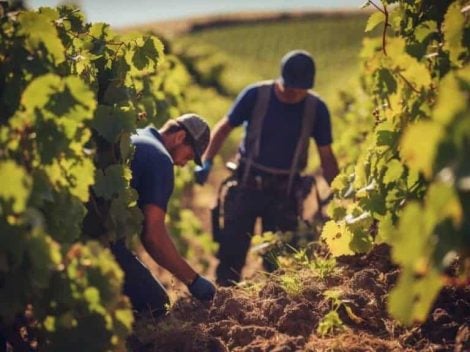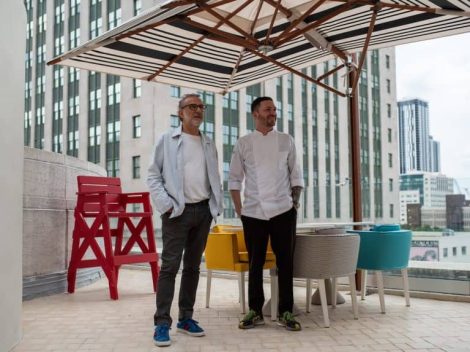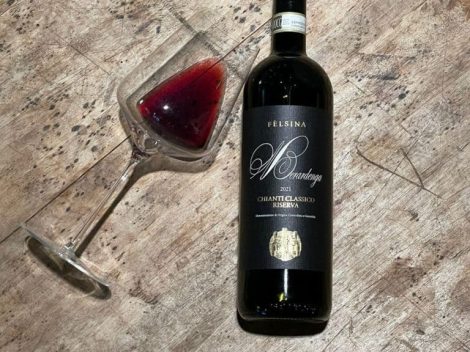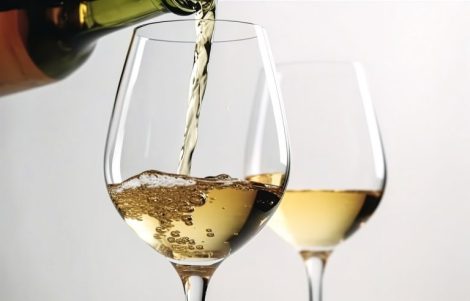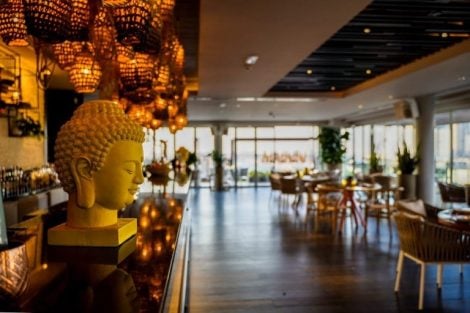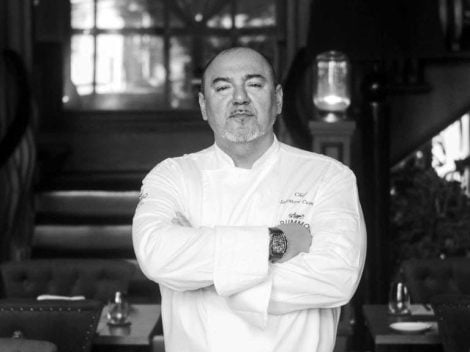Maíra Vasques was born and raised in Rio de Janeiro. However, she has been living in Italy for years, making Lombardy her new home. Yet, looking back, she never thought she would one day leave the vitality of her hometown and embrace for a while the agricultural-rural lifestyle of another country, that of our peninsula, of which she didn't even know the language. Certainly, with a degree in public relations and a job as a buyer for an event organizing company in Brazil, she could never have imagined a professional future where cheese would be so central. Speaking of which, Maíra now works in the dairy sector and successfully promotes it abroad, after experiencing firsthand the multiple production phases that underlie it, starting with all those days spent with her hands in the milk.
A surprise called Italy
It all began with a trip to Europe in 2017. A sabbatical year during which Vasques traveled around the old continent, first going to Portugal and then to Spain. But the desire to explore Italy, from North to South, was deeply rooted. And the televised memory of the alpine trail, part of the natural scenery of the Giro d'Italia, was more alive than ever. Especially for a great cycling enthusiast like her. Arriving in Lombardy, after visiting Milan and Como, she was captivated by the breathtaking beauty of Alta Valtellina and the entire mountainous landscape around Bormio, where she met Guido, whom she soon fell in love with and for whom she decided to stay. A real surprise: in Brazil, everyone expected Maíra and her inseparable Labrador to return. And instead...
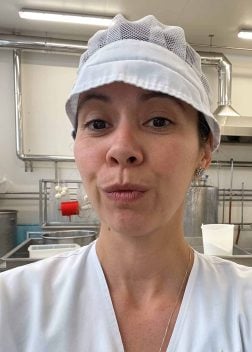
The cheesemaking experience
Next to her partner, the owner of the Al Plat farm, the city girl became more and more interested in the rural and mountain world. Driven by her distinctive curiosity, she began to take care of her mother-in-law's chicken coop and—while studying Italian (she only spoke English)—deepened her knowledge of cheesemaking; initially with some friends as well as local producers, later by following the cheese processing processes in the alpine pastures of another company, an adventure after which a cheese maker recommended her some texts to study and showed her the way: to train through a professional dairy farming course organized by Agenform, a consortium agency of the Piedmont Region.
This way, Maíra became a cheesemaker and began to shape Valtellina Casera Dop and Scimudin right in the family dairy where Guido's family already produced milk from the thirty cows on the farm. She quickly adapted to the farmer's lifestyle and the daily toils of production, facilitated by the habit of waking up very early for the usual four-hour training she did as a semi-professional cyclist (she even won some races). In parallel, believing that a great cheese does not only derive from the quality of the raw material or from a certain manual skill but also from the technical knowledge that should accompany the gestures—“Study would bring a huge added value capable of ensuring a high standard” by disconnecting the processing yield from the oscillation of their variables (season, animal, forage, etc.)—she also engages in a divulgative editorial project: Casaro Profession. An Italian version of the sector magazine Profession fromager, dedicated to raw milk producers and highly appreciated by the Rio native for the accessibility of its contents.

The cheese world championships
Today, in addition to directing the Italian edition of the French magazine, Maíra is an Onaf taster, a qualification that allows her to be a judge at various cheese contests. But above all, she has found a way to make her old expertise in the field of public relations and the experience gained as a cheesemaker, being in close contact with the raw material, available to the dairy business. And to do it at best, she moved to Bergamo to start her own business named Alma Casei. The company offers communication services and event organization in the sector. In particular, notable is the work done so far in building a profitable exchange within the international circuit along the Italy-Brazil axis. An authentic promotion of Made in Italy cheese: only the best dairy products from the Peninsula.
For example, on the occasion of the Mundial do Queijo 2024 in San Paulo, several small Italian dairies were involved by Vasques's company for exclusively ‘cheese merits’. Maíra directly selected and convinced them of the potential of an audience and a market (the Brazilian one) favorable to small productions with raw milk, all waiting to be discovered. A persuasive effort that in the end paid off, with excellent results. Out of the two thousand cheeses competing and the 22 Italians admitted, 5 represented by Alma Casei won medals: the Caseificio Defendi won a super gold with the Gorgonzola Dop sweet Bacco and a gold thanks to the Baffalo Blu; the Cooperativa Sant'Antonio won a silver with the Taleggio Dop; finally, two bronzes were awarded respectively to Luigi Guffanti 1876 for the Buonasorte (a hard cheese made with mixed milk aged at least 18 months) and to Latteria di Branzi 1953 thanks to its Ftb (Typical Branzi Cheeses).
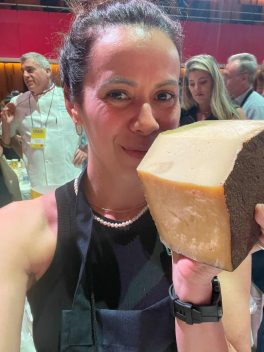
Queijo in Brazil
A tricolor success that even the Italian team had probably not considered, unaware of the consolidated presence of cheese in the green-gold gastronomic culture. In fact—as Maíra Vasques points out—few people know that “Brazil is one of the top 5 milk producers in the world.” A fact consistent with the not exactly small consumption of queijo in the country: an average family “eats a lot of cheese, from fresh ones for breakfast (similar to fresh cheese) to spreadable ones also present in snacks, not to mention the amount mixed with cassava, typical of the famous pão de queijo”.
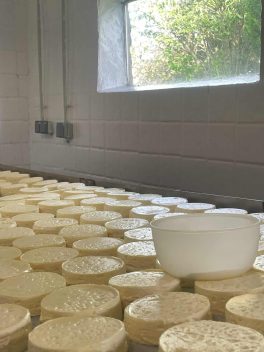
Moreover, in most cases, the cheeses available are industrial or imported; certifications are few, while “denomination is a new concept in Brazil.” It is thought that the first Dop is recognized for Canastra, a roughly rustic processing made with whey. All this, together with the rapid growth of its dairy movement, increasingly inclined to the creation of sophisticated dairy products, with more nuances or aging, makes the national market fertile ground for cheeses “defined as special” by them, just like some raw milk Italian excellences. Exactly like that sweet gorgonzola which, with its creaminess and delicacy, delighted the expert jury. A happy outcome on which the Italian-adopted carioca woman would undoubtedly have bet.

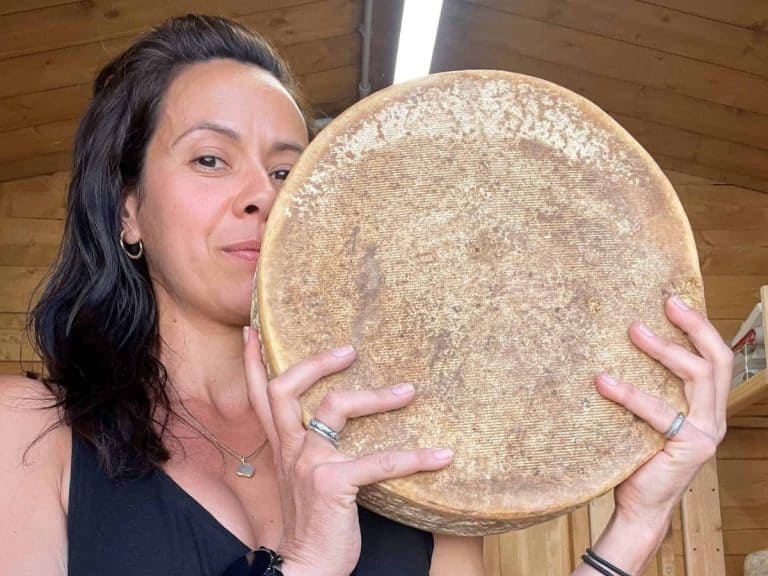
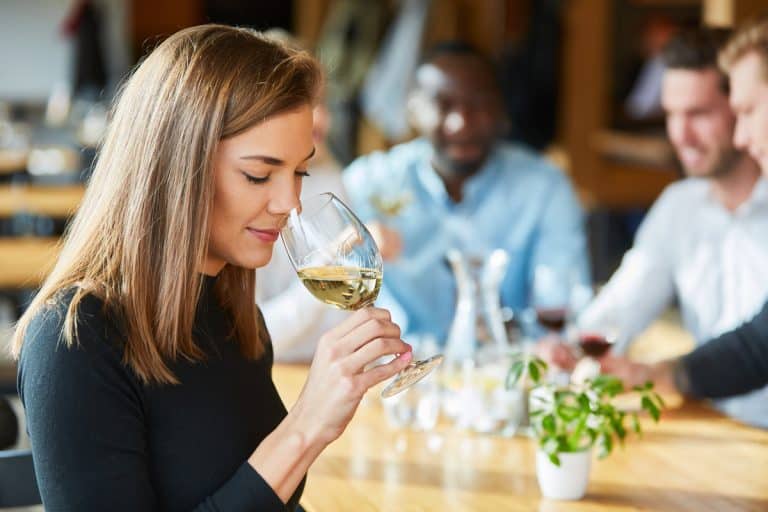 Women are the best sommeliers. Here are the scientific studies
Women are the best sommeliers. Here are the scientific studies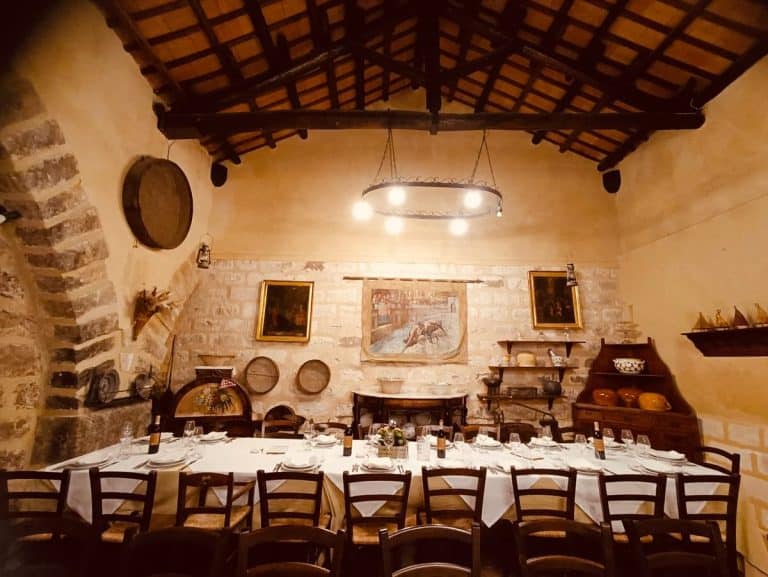 Where to eat at a farm stay in Sicily: the best addresses in the Provinces of Trapani, Palermo, and Agrigento
Where to eat at a farm stay in Sicily: the best addresses in the Provinces of Trapani, Palermo, and Agrigento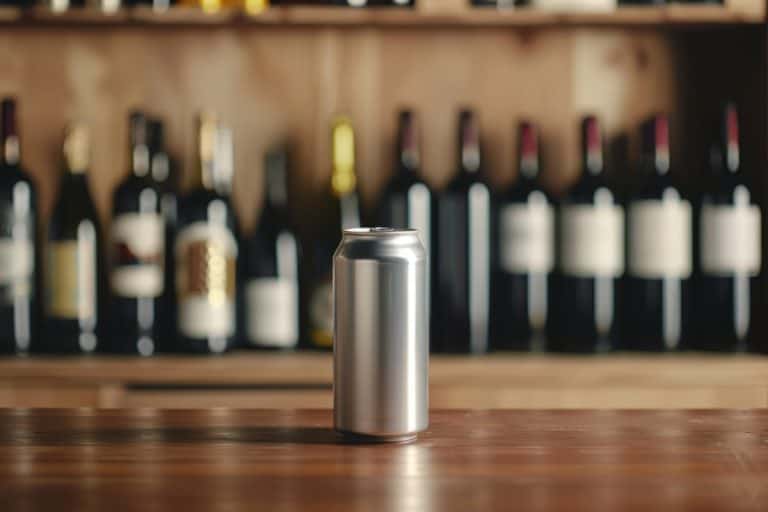 Wine in cans, bottle-fermented, and alcohol free: the unstoppable change in Gen Z’s tastes
Wine in cans, bottle-fermented, and alcohol free: the unstoppable change in Gen Z’s tastes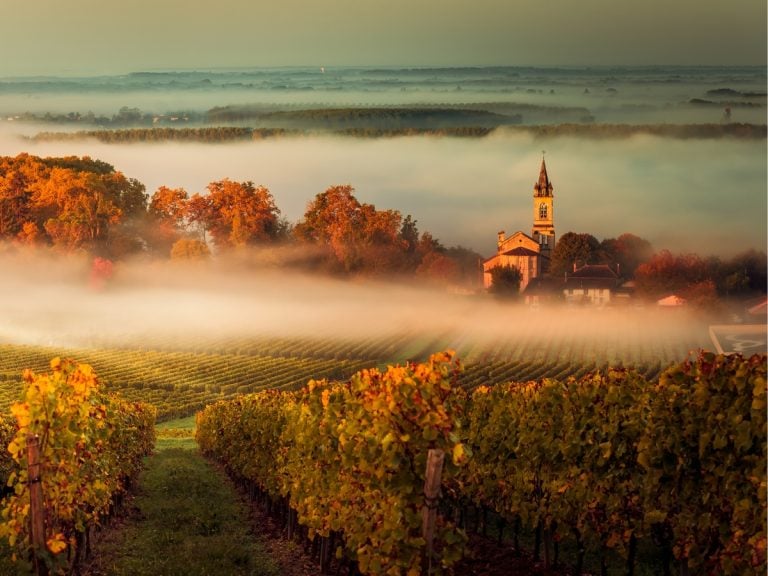 The great Bordeaux exodus of Chinese entrepreneurs: around fifty Châteaux up for sale
The great Bordeaux exodus of Chinese entrepreneurs: around fifty Châteaux up for sale Dubai speaks Italian: a journey through the Emirate's best Italian restaurants
Dubai speaks Italian: a journey through the Emirate's best Italian restaurants